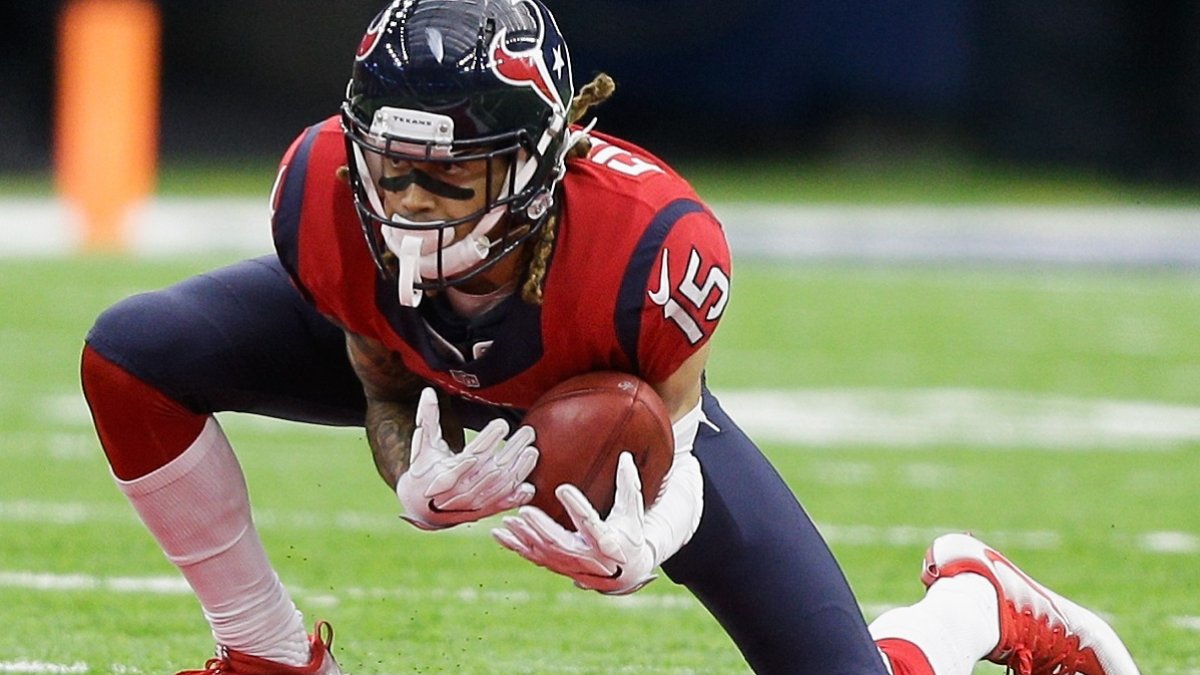(This week, PFF Fantasy’s writers will be highlight the common pitfalls drafters run into, the most common errors fantasy players make on draft day. Today it’s standard leagues. Welcome to Draft Mistakes Week.)
Like many fantasy football players, I look forward to the draft process more than any other part of the game. Maybe that’s because the offseason has made my heart grow fonder for football. Or maybe, it’s because draft day is the one time of the year where I get to talk to and compete against all the owners at the same time.
All that stimulation can lead to draft mistakes. No, not the ones where there are too many empty cans in the recycling bin. I’m talking about the ones that can sabotage even the most sober owner’s efforts.
Over-reliance on rankings and average draft position
This is the most common mistake. Usually, it takes place as the unprepared owner who grabs a magazine and quickly turns to the mock draft and rankings pages. Every league has at least one or two of these players. Their draft picks are easy to predict if you know which magazine or website they rely on.
Ideally, an owner creates his or her own ranks based upon league settings with players sorted into tiers. Using resources like PFF rankings is a great way to start, but ultimately, the team will be managed by an owner. If they are not comfortable with the draft picks, it’s going to be a long season.
Fear of judgment
Everyone likes a pat on the back. Hearing other owners say things like “nice pick” or “what a steal” is a good feeling. What most owners hate is when they hear “you reached” or “bad pick.” As a result, owners can look for the consensus good pick instead of choosing their player.
With self-made tiers and ranks in hand, owners should focus on a strategy and avoid any groupthink influence. Each pick needs to be driven by the overall team construction. Don’t be afraid to reach for a player if he is the last in a tier break or is additive to a team’s chance of doing well. Winning praise for a single pick doesn’t usually lead to a championship.
Avoiding upside
Some owners can’t avoid going after players with upside. Others prefer to choose safe players where their production can be predicted with more certainty. Of the two, the latter is the bigger draft-day mistake and results in backups like (just for an example) Rishard Matthews over Will Fuller or Breshad Perriman.
My preference is to find stability in the early rounds and shop for upside when filling out my starting lineup and drafting backups. Any player who hits from those selections can be a starter but the team doesn’t rely on them with no failsafe option.



 © 2025 PFF - all rights reserved.
© 2025 PFF - all rights reserved.